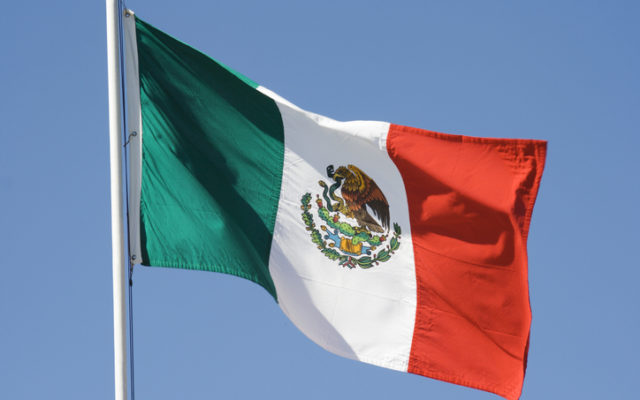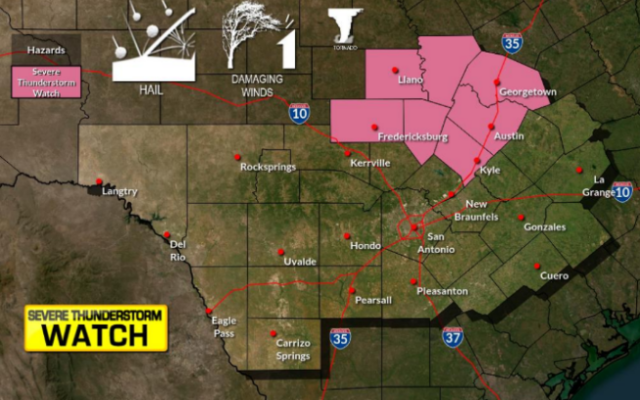3rd volunteer grave search activist killed in Mexico

MEXICO CITY (AP) — Yet another mother searching for her disappeared son has been killed in northern Mexico, becoming the third volunteer search activist killed in Mexico since 2021.
Rubén Rocha Moya, the governor of the northern state of Sinaloa identified the dead woman Wednesday as Rosario Rodríguez Barraza.
“I deeply regret the killing of Rosario Rodríguez Barraza, a tireless fighter, like many other women in Sinaloa who are looking for their loved ones,” Rocha Moya wrote in his social media accounts.
The motive in the killings remain unclear, because most searchers say publicly they aren’t looking for evidence to convict killers.
The volunteer search teams, usually made up of mothers of Mexico’s over 100,000 missing people, say they only want to find the bodies of their loved ones, to mourn and properly bury them.
The announcement of her death came one day after the Aug. 30 International Day of the Disappeared, which was marked in Mexico by marches and protests.
In a video posted by “Hasta Encontrarles,” another search group, Rodríguez Barraza is heard saying the classic phrase, “I’m looking for my son, I’m not looking for the culprits.”
Her son, Fernando Ramírez Rodríguez, hasn’t been seen since he was abducted in the town of La Cruz, Sinaloa, in October 2019. La Cruz is located on the Pacific coast between the port of Mazatlan and the state capital Culiacan.
Sinaloa is home to the drug cartel of the same name.
Rodríguez Barraza said armed men in a white car snatched her son, then 21. Since then — despite conducting her own investigation and offering prosecutors the evidence — she has not heard anything.
“I took them videos, I brought them witnesses, and up to now, they have not done anything for me,” she said of prosecutors.
That is a common tale in Mexico. Faced with official inaction or incompetence, many mothers are forced to do their own investigations, or join search teams which, often acting on tips, cross gullies and fields, sinking iron rods into the ground to detect the tell-tale stench of decomposing bodies.
Most of the victims are thought to have been killed by drug cartels, their bodies dumped into shallow graves, dissolved or burned. Drug and kidnapping gangs often use the same locations over and over again, creating grisly killing fields.
The searchers, and the police who sometimes accompany them, focus on finding graves and identifying remains — not collecting evidence of how they died or who killed them. Search groups sometimes even get anonymous tips about where bodies are buried, knowledge probably available only to the killers or their accomplices.
But the mainly female volunteers often recount getting threats and being watched — presumably by the same people who murdered their sons, brothers and husbands.
In 2021, in the neighboring state of Sonora, searcher Aranza Ramos was found dead a day after her search group found a still-smoking body disposal pit. Earlier that year, volunteer search activist Javier Barajas Piña was gunned down in the state of Guanajuato, Mexico’s most violent.
The cartels may be angered simply by the inconvenience: after searchers turn up bodies, they are forced to find new body disposal sites.
Among the search groups, known as “collectives” in Mexico, human remains aren’t referred to as corpses or bodies. The searchers call them “treasures,” because to grieving families they are precious.
Searchers usually call law enforcement when they think they’ve found a burial, mostly because authorities often refuse to conduct the slow but critical DNA testing unless the remains are professionally exhumed.
You Might Also Like



